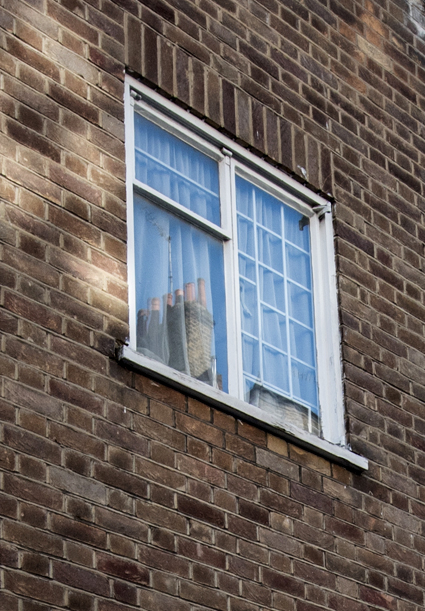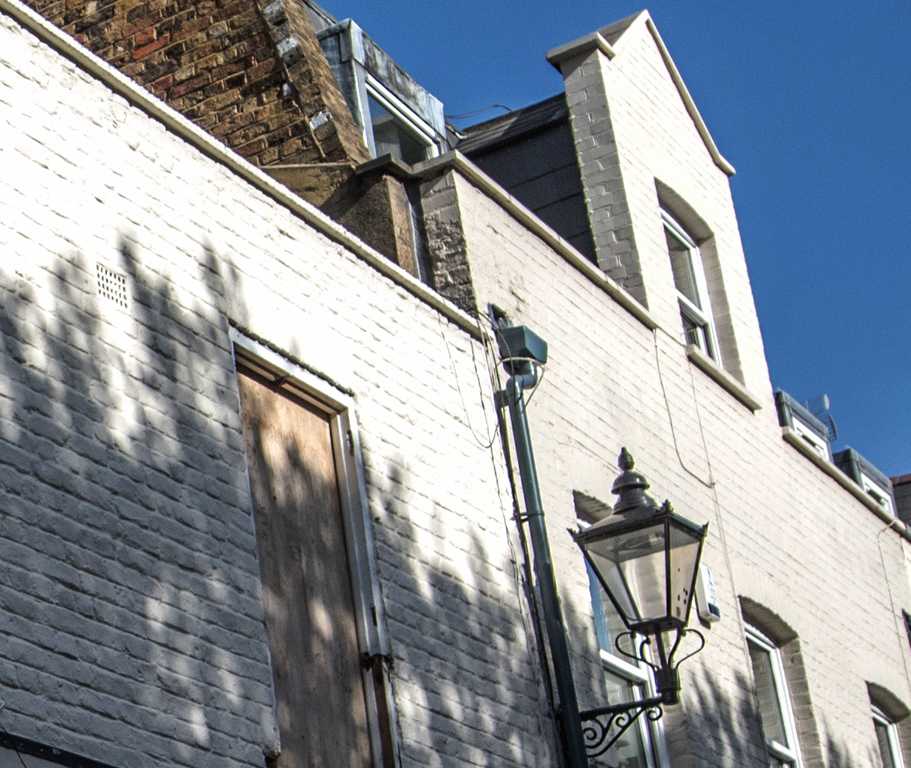House enfranchisement
Enfranchisement of houses is far less common than that of flats. A variety of valuation methods (beware the unwary valuer) depend on a raft of criteria and, despite the legislation now being 50 years old, it’s still a highly contentious area. Even the definition of a house remains unresolved.
Michael has acted in many high profile cases, including recently in several regarding development value, how marriage value is treated, the perennial and thorny issue of ‘what is a house’ and how to deal with improvements whereby the whole house has been replaced by the leaseholder.
The definition of a house now includes shops with upper parts – fertile ground for differing valuation opinions and argument.
Michael has a transparent fee structure with fixed valuation fees agreed upfront and negotiation fees based on the time involved. He does not charge percentage fees based on what he considers to be the fallacy of claimed savings (deal premium against inflated or deflated notice or counter notice figures).
For a detailed explanation of the qualification requirements and procedures see here.
- Assessing the appropriate valuation method under the 1967 Act
- Capitalisation rate
- Deferment rate
- House value (freehold/existing lease)
- Improvements
- Standing house value
- Modern ground rent
- Site value percentage




